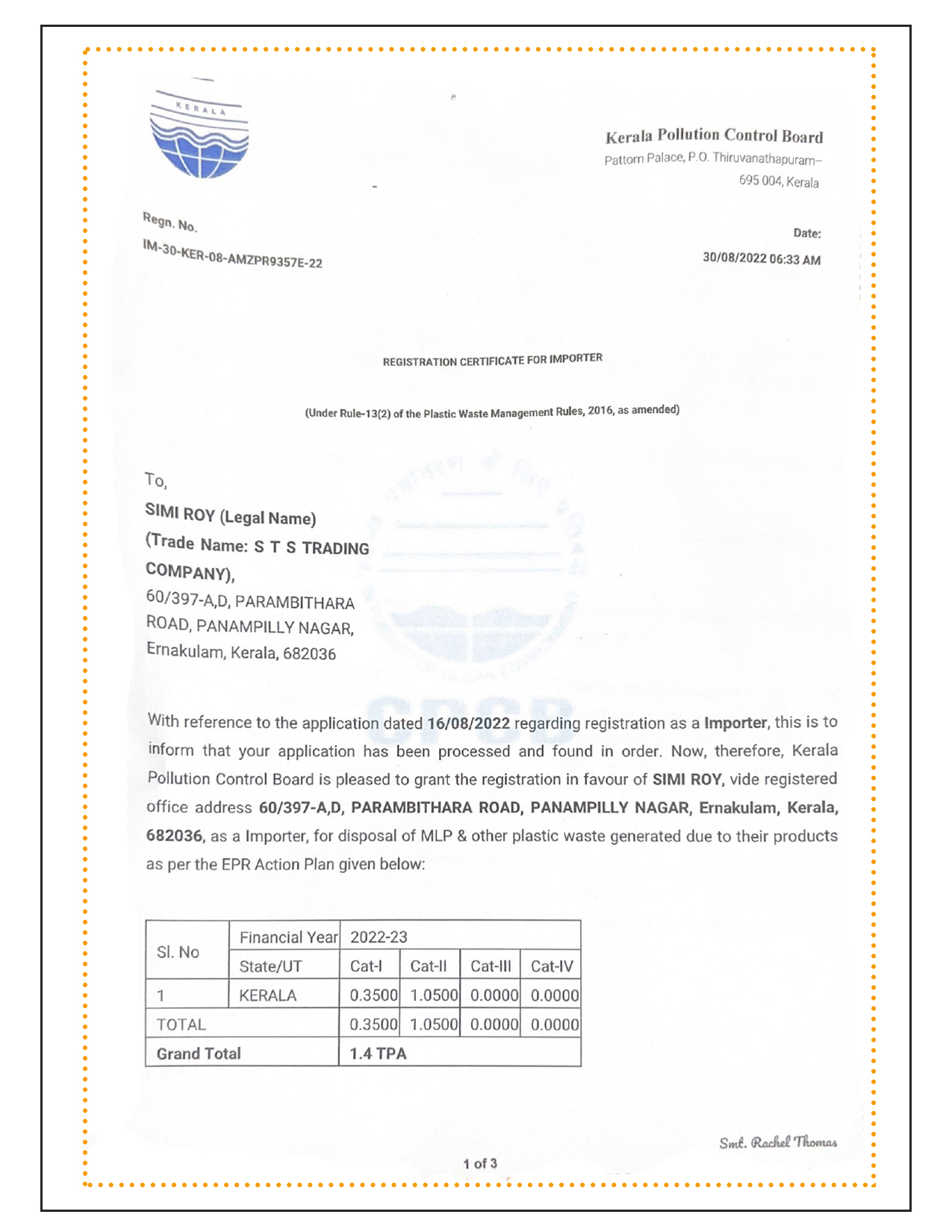Get EPR Certificate @Lowest Price Today
We Make EPR Authorization For Plastic Waste, Electronic Waste, Tyre Waste & Battery Waste Easy & Effortless!
“The EPR authorization is mandatory for the manufacturers/ importers/brand owners of Electronic Waste in our company. Our team make easy for clients to seek EPR Registration- everything in one go. We make EPR Compliance, convenient & effortless!”
10+ Years Experienced World Wide Now.
100% Client Satisfaction Service Here.
Call us To Schedule Free Obligation Consultation Today.
Client Support 24*7 Available Today.
1Lakh+ Satisfied Client Across India.
Submit Now & Get 20% Discount Instant.
Fill The Form Now!





